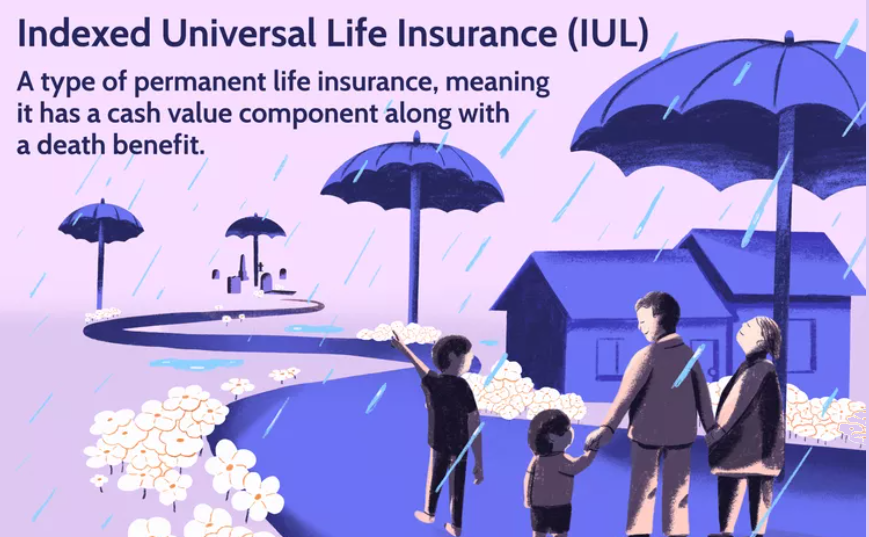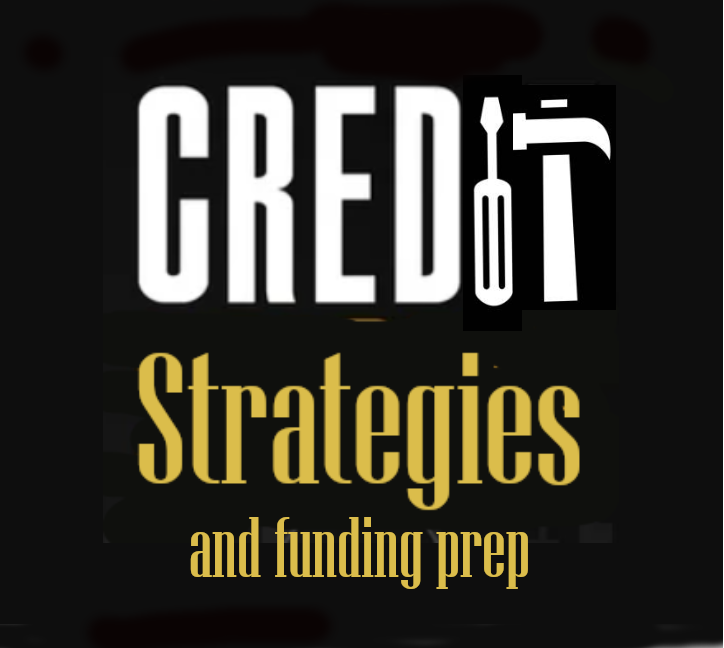IUL, LTC, Trust.
Bundle & Save!
All Your Future Needs in One Package
Liquidity, Tax-free Retirement & Stop Loss options.
READY FOR RETIREMENT?
Convert your taxable savings to a safer, better earning platform.
If you need…
- Better interest rates,
- IUL – Indexed Universal Life,
- LTC – Long Term Care,
- Trusts or Tax Savings,
- Retirement Strategies,
- Personal Savings Plans,
Contact Us Today!
Life Insurance –
It’s not just for death benefits any longer!

How does an IUL policy work?
As a type of permanent life insurance, indexed universal life insurance works similarly to universal life policies, except in the way they build cash value. IUL cash value allows for growth based on a stock index (a set grouping of various stocks) instead of only through non-equity earned rates. Like universal life, IUL offers the flexibility to adjust your premium as the cash value grows, with the potential to eventually achieve a zero-cost policy in which all premiums are paid for by your built-up cash value.
How is interest calculated on indexed universal life insurance?
IUL policies allow you to grow your cash value by putting a portion toward an equity index account like the S&P 500 or NASDAQ. Rather than only relying on non-equity earned rates, an equity index account grows based on the index of an entire market or market sector. The interest rate will still be variable, like with other universal life policies. And as with all universal life policies, your IUL cash value will have a minimum interest rate that it will always earn, regardless of market performance.
Should I get indexed universal life insurance?
Keep in mind that higher premium costs and potential fees make IUL policies more expensive than other types of life insurance but it offers options that other types of Life Insurance don’t. If you’re considering buying an indexed universal life policy, first speak with a financial advisor who can explain the nuances and give you an accurate picture of the actual potential of an IUL policy. Make sure you understand how the insurer will calculate your interest rate, earnings cap, and fees that might be assessed.
Indexed universal life insurance vs. term life insurance
Term Life Insurance offers a simpler and more affordable way to make sure your loved ones are financially protected if you die while the policy is active. Unlike IUL insurance, which lasts your entire lifetime if you pay your premiums, term life insurance remains in effect for a set term, typically 10, 15, 20, or 30 years. If you die while the policy is active, your beneficiaries can make a claim for your death benefit, and there are no interest rates or higher premiums to worry about.
Indexed universal life insurance vs. whole life insurance
If you’re looking for permanent life insurance that’s less complicated than a universal policy, whole life insurance builds cash value on a predetermined schedule. You don’t need to worry about the performance of certain market indexes, and the premium will likely be less expensive with fewer fees than an IUL. However, you won’t have the flexibility of adjusting premiums or achieving a paid-up policy like you do with a universal policy.
Indexed universal life insurance vs. variable life insurance
Variable life insurance allows for even more flexibility than indexed universal life insurance, making it more complicated. Unlike an indexed policy, a variable policy’s cash value may be entirely dependent on specific stocks you select. While you might have a fixed minimum death benefit on your variable policy, the performance of your cash value could drastically increase or decrease your beneficiaries’ total payout upon your passing. Your premium could also be affected by how the variable portion performs, with lower performance leading to a higher cost. For this reason, variable life insurance is considered higher risk than whole or universal life policies, including IUL.
LONG TERM CARE (LTC) explained:
▶️ You don’t want to depend on Medicare/Medicaid for your LTC!
You want to be able to qualify for care on a better scale.
▶️ Your family may offer home care now, but what about later?
▶️ Medicare only pays for a limited time. Medicaid takes over.
▶️ Medicaid has a $2K asset limit – everything else must go to your LTC.
▶️ You have to make less than $14,580 to qualify for Medicaid.
▶️ Nicer LTC homes are no longer taking Medicaid!
▶️ Medicaid is cutting back on what they pay, putting more burden on the individual.
▶️ There may not be a bed near friends and family – or not at all!
Summary: You don’t want to have to impoverish yourself to get decent care!
▶️ LTC plans now offer more home care options.
▶️ If you sell your home (or put it in a trust) before the lookback period (5 yrs) for $350K, it will last less than 3 yrs.
▶️ If you have an accident or illness without LTC (or another plan), you, and your family, will not be prepared for the financial ramifications.
▶️ You’re never too young and can get LTC up to 85 yrs old!
▶️ You can buy an IUL policy for your children, who will be your insurable interest, and you, as the owner, can take the income from it to live on. Put it in your trust and they inherit what’s left and can then add to it as well!
▶️ There are programs for every budget!
Did you learn something? There’s lots more – you’ll be surprised!
Top 7 Reasons Why You Should Have a Trust
Wondering whether you need a trust? A trust is a great estate planning tool that can help you manage your property and assets. This fiduciary arrangement can go a long way in ensuring your assets are passed down to your beneficiaries according to your wishes in the event of incapacitation or death.
1. Eliminate Or Reduce Estate Tax
Estate tax can reduce your ability to leave a legacy for your loved ones. Depending on the type of trust you choose, the legal entity will provide a lawful way to avoid or reduce estate taxes and other forms of taxation. This will help to save you money and preserve your estate’s value. However, to ensure you do not violate the law, consider consulting a tax expert or legal professional before funding your trust.
2. Avoid Probate
This is one of the top reasons to have a trust. Probate proceedings can be lengthy, costly, and stressful. Establishing a trust will help your descendants to avoid this process and access assets more quickly. This is because the assets held in a trust fall outside of your estate, and are therefore not subject to probate. Lastly, a trust is a private document that can be used to keep information relating to your estate private, effectively protecting your beneficiaries.
3. Planning For Incapacity
There is no telling what will happen in the future. This is why it is important to prepare ahead of time for the unexpected. Estate planning can play a critical role in ensuring you and your family members are taken care of in case you become incapacitated.
When you set up a trust, you will designate asuccessor trustee. This person will manage your assets, make sure your bills are paid, and your loved ones are protected financially.
4. Protects Your Children
A trust can help you protect your children in several ways. If you have minor children, you can limit their access to the inheritance until they are mature and responsible enough to manage the money. Similarly, you can use an irrevocable trust to make lifetime gifts to your children..
5. Protecting Assets
A trust can be an effective vehicle for ensuring money is used for the intended purposes. This way, money will be available for your beneficiaries’ care after you are gone.
The estate planning tool can also help to keep assets out of unwanted hands. This is particularly important if the family structure of a beneficiary changes as a result of events like remarriage or divorce. In short, your spouse and children will get their rightful inheritance.
6. Creditor Protection
Trusts make for a great way to protect assets from lawsuits and creditors. You can arrange your trust in such a way that the assets in the trust cannot be used to pay off debts in case you become subject to predatory lawsuits and creditors. Certain types of trusts also allow you to protect the assets for your heirs.
7. Greater Control Over Your Assets
A trust ensures you have some degree of control over your assets in a way a will cannot. With a trust, you can give instructions for managing your assets as well as how and when they will be distributed. You will also be at liberty to change your trustee and beneficiaries, sell the property, or even revoke the trust. Because trusts are customizable, they can come in handy when it comes to the distribution of complex assets.
" I never expected to have a routine hip replacement turn in to a permanent disability - I could not return to my previous position. My credit was going bad FAST but the Credit Strategies Program helped me get things under control."
" I didn't believe their program would work but they showed me how it had worked for them and many others and now I have already seen a sharp rise in my credit score."
"The Credit Strategies System is absolutely unbelievable. Not only did they help get my credit score to a reasonable high, they provided me a business opportunity that is helping me create wealth."
"The system they use provided me with a new business opportunity where I can work from home, do very little sales and marketing, and make a really good profit within a few hours a week. Everything is provided!"
